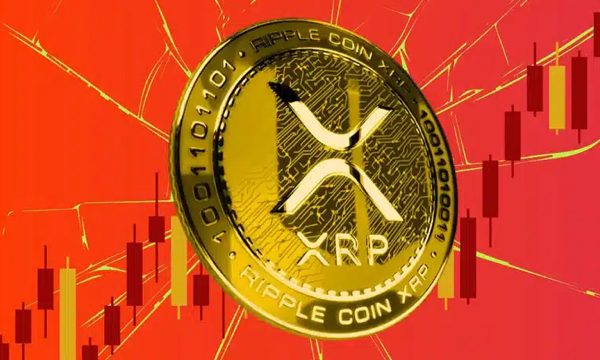Rynes also pointed out that this is not the first time the XRP community has fallen for misinformation.
On-chain analysis revealed a scam, which involved a wallet pretending to belong to a U.S Treasury account, and generated mixed reactions in the XRP community. The wallet, promoted by several high-profile social media influencers, was a sophisticated scam out of the Philippines.
The address ‘rfHhX6hA54LBqA3j7r7EnCs6qyaRK2Lyfq’ went viral on Jan. 22 after appearing widely on X, the platform formerly known as Twitter. The wallet was backed or attacked by influencers and speculation ensued. Its false veneer of credibility was enhanced by supposed links to establishments like Bank of America and JPMorgan and ‘Know Your Customer’ (KYC) verification.
However, a deep dive through XRPSCAN indicated that the wallet was not linked up with the U.S. Treasury but was managed by people in the Philippines. The revelation has caused an uproar in the crypto world, especially among influencers who spread the lies.
In response to the incident, Zach Rynes, Chainlink’s Community Coordinator, condemned influential figures spreading lies and deception as a symptom of a wider illness in the crypto ecosystem. Rynes also pointed out that this is not the first time the XRP community has fallen for misinformation.
He also remembered that in April 2021 there was a similar rumor which claimed that Bank of America uses Ripple to transfer all their internal payments which was quickly denied.
Among those criticized is Sound Planning Group chief executive officer David Stryzewski who is a crypto influencer. Earlier, Stryzewski had misrepresented XRP as being a Central Bank Digital Currency (CBDC) and misrepresented Ripple in a podcast with United States Senate candidate John E. Deaton.
Rynes warned that once you get involved in the crypto world, you become ripe for scams of this nature. “This is an excellent example of how misinformation feeds on those who have the least familiarity with blockchain and finance,” he said.
The fake wallet did further when it claimed KYC verification from a spoofed third party, and even supposedly mentioned ties to several established financial institutions in the bid to put on a claim of legitimacy. “For newbies, when you see verified accounts saying the U.S. Treasury is involved with XRP, it’s very seductive,” Rynes said.

